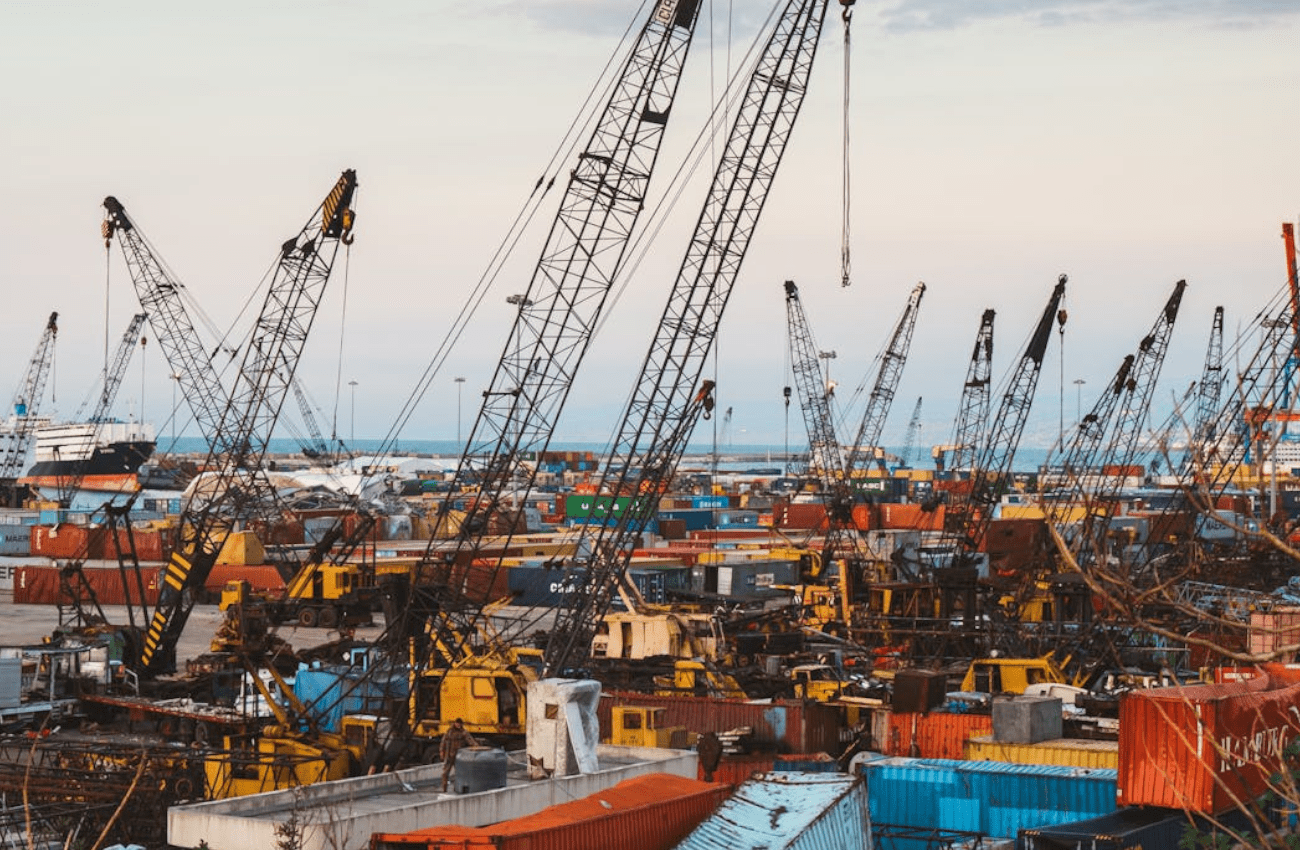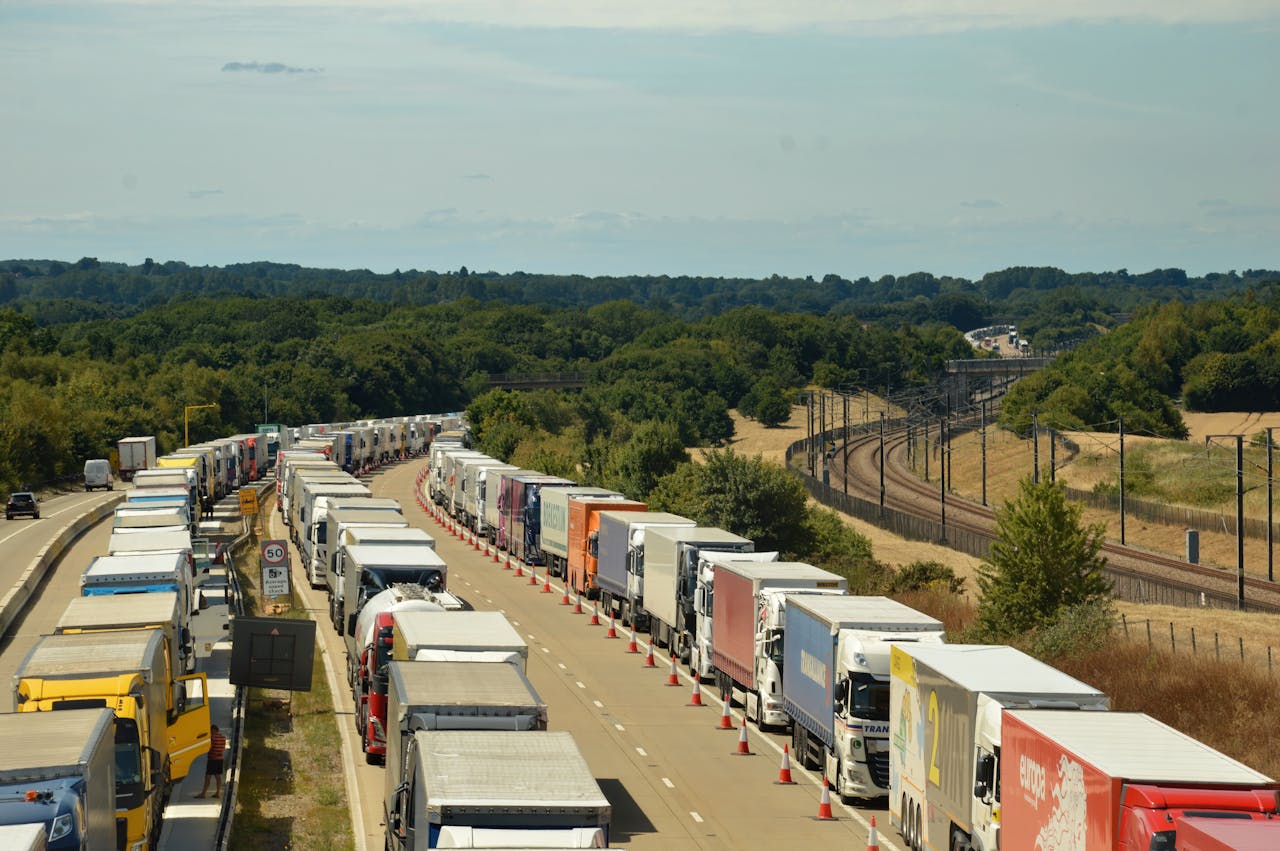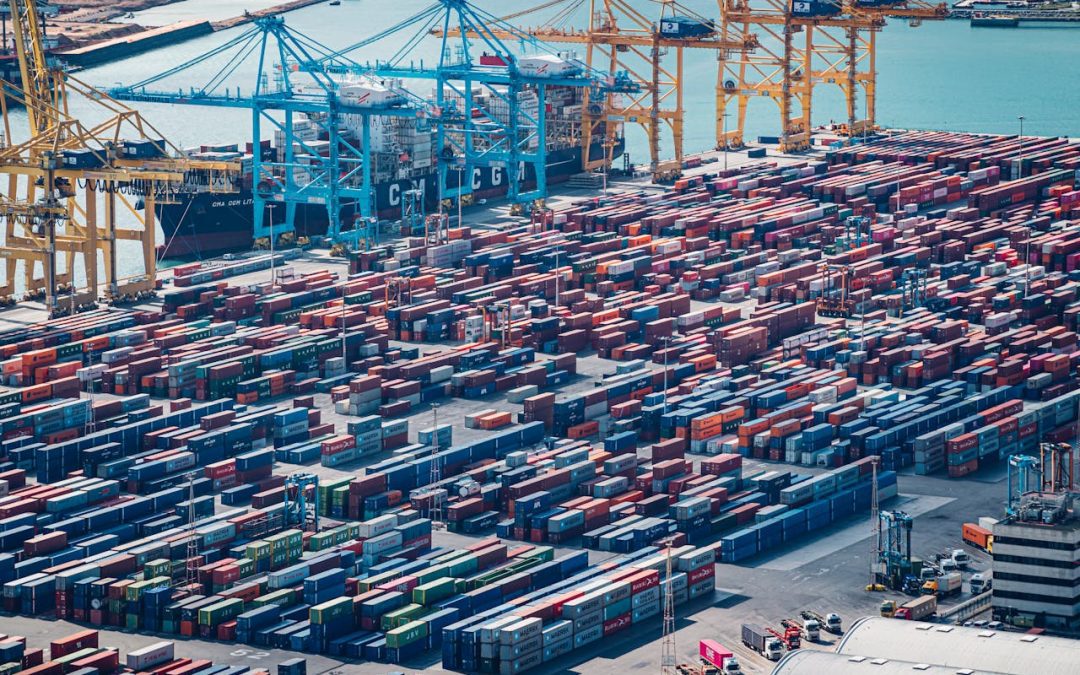While shipping cargo is safe, there is always a risk of accidents and natural disasters. It’s the nature of moving stuff all around the world. And, unfortunately, the unexpected can (and often does) happen.
Having the right insurance coverage is, therefore, a safety net for your cargo. But what options exist, and how do you know what to get?
Read on to learn about cargo insurance types and what happens if you decide to gamble without it…
Why Is Freight Insurance Essential?
When you get in the car to drive, you put your seatbelt on. Even without the expectation that you’ll crash, you buckle up just in case.
Freight insurance is the ‘seatbelt’ for your shipments. You may never need it, but without it, your shipment and even your business may meet dire consequences if something goes wrong. It is an added expense, but you’ll end up spending far more if you don’t have freight insurance when you need it!
Here’s why Millennium think freight insurance is essential for businesses:
Damaged And Lost Goods
In the world of logistics, accidents can and do happen. Damage due to improper handling, accidents during transit and unforeseen weather events can all have an impact on your shipments, causing them to become damaged, unfit for sale or even lost.
Freight insurance ensures that the cost of repairing or replacing the goods in the event of an incident is covered. Without freight insurance, your business would be left to absorb these costs in full.

Business Continuity
Delays and damaged shipments can cause disruptions, and without insurance, these roadblocks can lead to slower operations as businesses sort out replacement goods or settle disputes.
Freight insurance helps companies maintain business continuity because claims can be handled quickly, and operations can continue to run smoothly, even in the face of lost or damaged goods.
Customer Satisfaction
Customers expect their goods to arrive on time and in perfect condition. When that doesn’t happen, they can become frustrated. Issues with customer experience can lead to complaints and even costly litigation; however, with freight insurance, you can quickly resolve issues by offering compensation or replacing goods.
Demonstrating your commitment to customer service and positive interactions not only shows your customers you’re reliable but it enhances your already reputable brand.
Types Of Freight Insurance
When shipping goods domestically or internationally, it’s crucial to choose the right type of freight insurance to protect your business from potential risks. There are four main types of insurance coverage available. Each type of cover is designed to protect you against different situations and hazards.
All Risk Insurance
All Risk insurance is the most comprehensive coverage option. It protects you against a wide variety of potential risks, such as damage, loss and theft. This type of coverage is a popular choice for many businesses looking for maximum protection for their shipments.
All Risk insurance typically covers risks that have the potential to occur during transit. This means incidents and events such as road traffic accidents and environmental factors like storms. There are exceptions, such as damage caused by improper packaging or delays that haven’t resulted in loss or damage.
General Average
General Average insurance is a type of coverage unique to maritime shipping. It’s based on a centuries-old principle that denotes that if a ship encounters a serious problem, like extreme weather events or an accident, part of the cargo may need to be sacrificed to save the ship or other goods on board.
Under General Average coverage, all parties involved in the shipment share the financial losses associated with the incident. For example, if part of the cargo is thrown overboard to keep the ship from sinking, everyone with cargo aboard that ship helps pay for that loss.
Named Perils Insurance
This type of freight insurance provides businesses with protection against specific risks listed in the policy, such as fire, collision or theft. A Named Perils policy only covers you against the particular risks that you choose and name and no other risks.
Named Perils insurance is a great option for businesses who understand their shipments’ known risks and want to try and keep insurance premiums lower by not covering other, less likely hazards. However, with nothing that’s not explicitly named in the policy covered at all, it is necessary to fully understand what you’re covered for.
Liability Insurance
Your shipment has the potential to cause damage or injury to others. Liability insurance protects businesses from claims that arise from such incidents.
This could be anything from your cargo damaging another shipment in transit, to an incident involving your shipment that causes injury to members of the public. Liability insurance covers the claims and legal fees associated with incidents that arise and is essential for businesses that want to protect themselves from third-party claims.
Choosing the Right Coverage
Disruptions to your shipping activities can cause financial implications and delays in your supply chain. Choosing the right freight insurance is crucial in maintaining smooth operations.
Here are some key factors to consider.
Cargo Value
How much are your goods worth?
High-value goods like electronics and machinery often require comprehensive coverage because damage, theft or loss of the items would be a significant financial loss. For these types of shipments, All Risk insurance is a popular choice because it covers a broad range of potential risks.
For lower-value shipments, a more basic policy may be suitable – and save you some money in the process. A Named Perils policy, though only covering specific risks, may provide sufficient coverage in this case.
Mode Of Transport
How are your goods getting to their destination? Some destinations and routes are more prone to delays, theft or damage. Air freight, for example, is generally the fastest way of getting a consignment from A to B but may involve risks such as airport mishandling. Road and rail transport tend to be more cost-effective, but goods can come up against accidents, theft or delays.

Insure Your Goods For Peace Of Mind
Insuring your cargo isn’t a legal requirement but it is worth the expense.
In the event of unforeseen incidents like road traffic accidents, theft or damage in transit, freight insurance coverage means your business doesn’t have to absorb the costs. This means you can keep your business running smoothly, maintain positive customer relationships and avoid unnecessary spending on replacement goods.
Want to learn more about freight and logistics but don’t know where to start? You’re in the right place. Get in touch with Millennium today for expert advice and a friendly ear.

